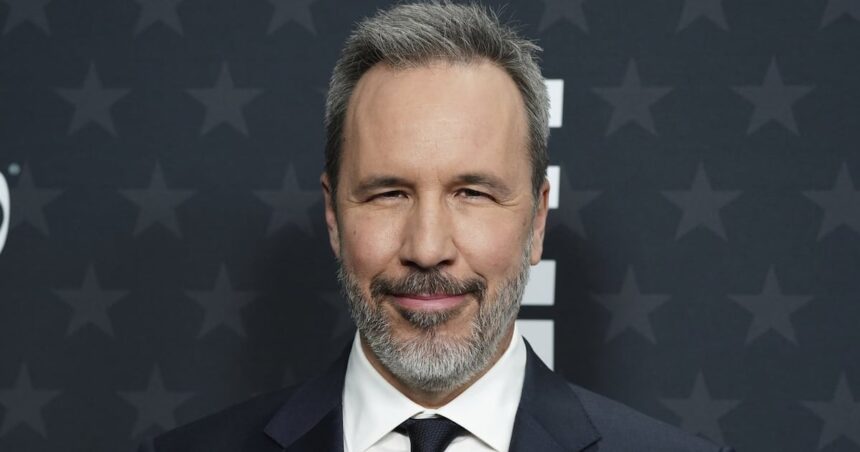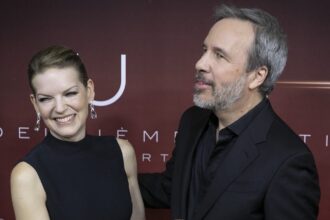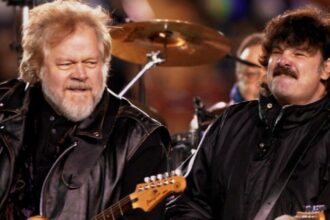In a stunning development that has sent ripples through both Hollywood and the international film community, Montreal’s own Denis Villeneuve has been officially announced as the director of the next installment in the James Bond franchise. The appointment marks a pivotal moment not just for the 007 series, but for Canadian cinema on the global stage.
Villeneuve, who has methodically built one of the most impressive directorial resumes in contemporary filmmaking, brings his distinctive visual style and narrative depth to a franchise that has continuously reinvented itself over six decades. After the emotional conclusion of Daniel Craig’s tenure as Bond in “No Time to Die,” the series stands at a crossroads that seems perfectly suited for Villeneuve’s thoughtful approach to genre filmmaking.
“The opportunity to shape the next chapter of such an iconic cultural institution is both humbling and exhilarating,” Villeneuve stated in the official announcement. “Bond exists at the intersection of spectacle and substance—a space I’ve always found creatively fertile.”
This appointment shouldn’t come as a complete surprise to those who’ve followed Villeneuve’s career trajectory. His transformation from Quebec arthouse darling to Hollywood heavyweight has been characterized by an unusual pattern: taking established genres and infusing them with philosophical weight and visual poetry. From the cerebral science fiction of “Arrival” to his ambitious two-part adaptation of “Dune,” Villeneuve has demonstrated a rare ability to balance intellectual ambition with commercial appeal—precisely the tightrope the Bond franchise must walk in its post-Craig era.
The Bond series, now entering its seventh decade, has always served as a cultural barometer. Each new iteration reflects not just changing aesthetics but evolving social attitudes and geopolitical realities. Villeneuve’s films have consistently engaged with complex moral questions and explorations of identity—themes that resonate strongly with the recent evolution of the Bond character away from Cold War archetypes toward more nuanced psychological territory.
Industry analysts at the CO24 Culture desk note that this appointment signals a commitment to artistic credibility over safe commercial choices. “This isn’t about playing it safe,” notes film industry analyst Marie Leclair. “This is about ensuring Bond remains culturally relevant in an era where audiences demand more sophisticated storytelling from their blockbusters.”
The question of who will step into the role of 007 remains unanswered, though Villeneuve’s casting choices throughout his career suggest we might see a performer capable of conveying complex inner life alongside action hero credentials. His collaborations with performers like Amy Adams, Timothée Chalamet, and Rebecca Ferguson have yielded nuanced performances that transcend genre expectations.
What makes this announcement particularly significant for Canadian cultural identity is how it positions a Quebec filmmaker at the helm of one of cinema’s most quintessentially British institutions. Villeneuve’s appointment represents the culmination of a decades-long journey for Canadian cinema from the margins to the mainstream of global filmmaking. As we’ve explored previously in our CO24 Trends section, Canadian directors from David Cronenberg to James Cameron have long shaped Hollywood, but rarely with properties as culturally significant as Bond.
The production is slated to begin next spring, with locations reportedly including traditional Bond territories like London and exotic locales that have become Villeneuve signatures. His long-time cinematographer Roger Deakins is rumored to be joining the project, suggesting we may see a visual approach that honors Bond’s glossy aesthetic while introducing the atmospheric depth characteristic of their previous collaborations.
For a franchise that has sometimes struggled to balance its traditional appeal with contemporary sensibilities, Villeneuve represents an inspired choice. His films examine power, institutional corruption, and personal morality—themes that have become increasingly central to recent Bond outings.
As we’ve argued in previous CO24 Opinions pieces, the cultural longevity of the Bond franchise depends on its ability to evolve while maintaining its essential character. In Villeneuve, producers have found a filmmaker who respects tradition while refusing to be constrained by it—a philosophical approach that mirrors Bond’s own complicated relationship with the institutions he serves.
Will Villeneuve’s Bond continue the psychological exploration of the character, or return to the more escapist pleasures of earlier eras? The answer likely lies somewhere in between, in that complex territory where art and entertainment converge—precisely the space where Denis Villeneuve has built his remarkable career.











